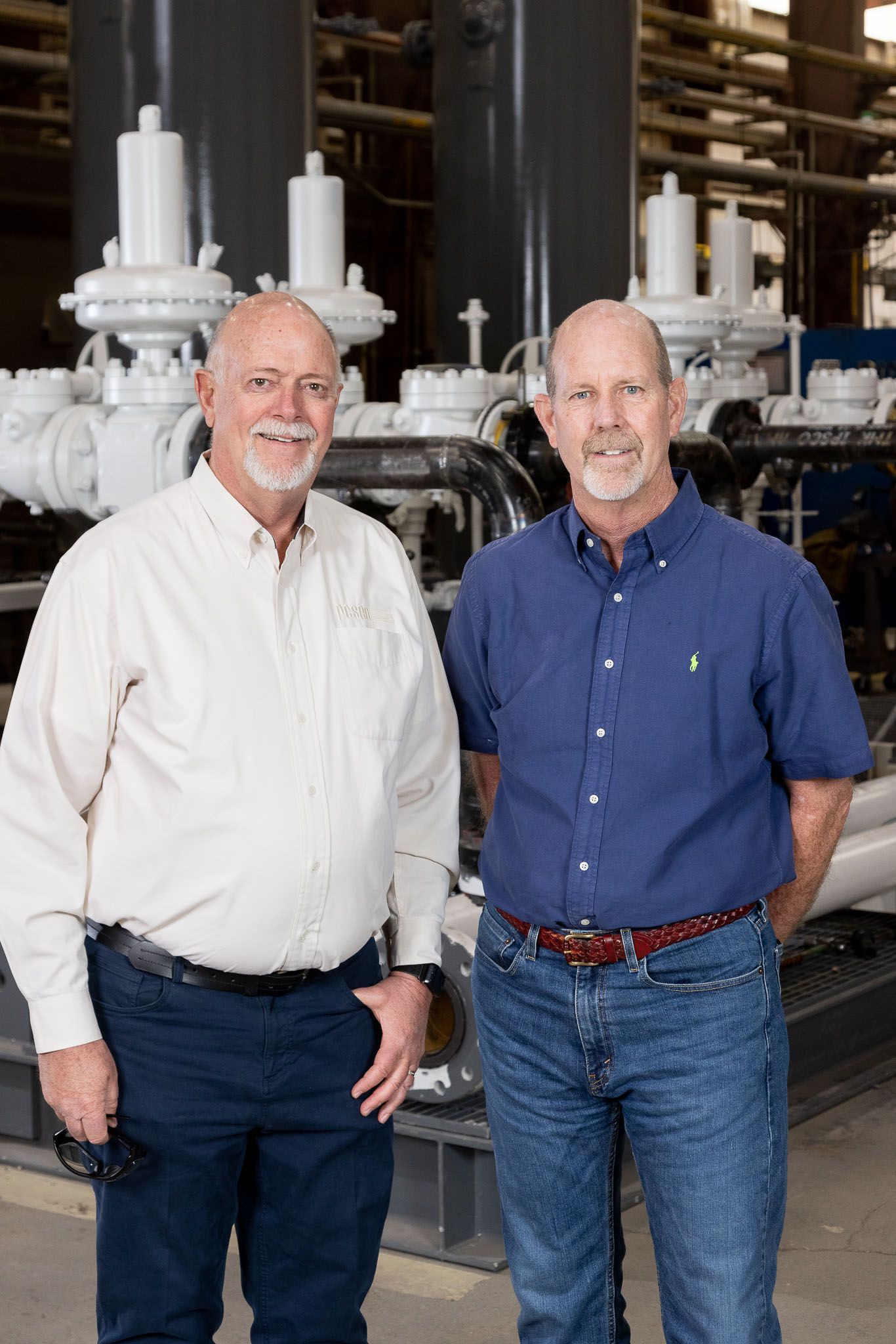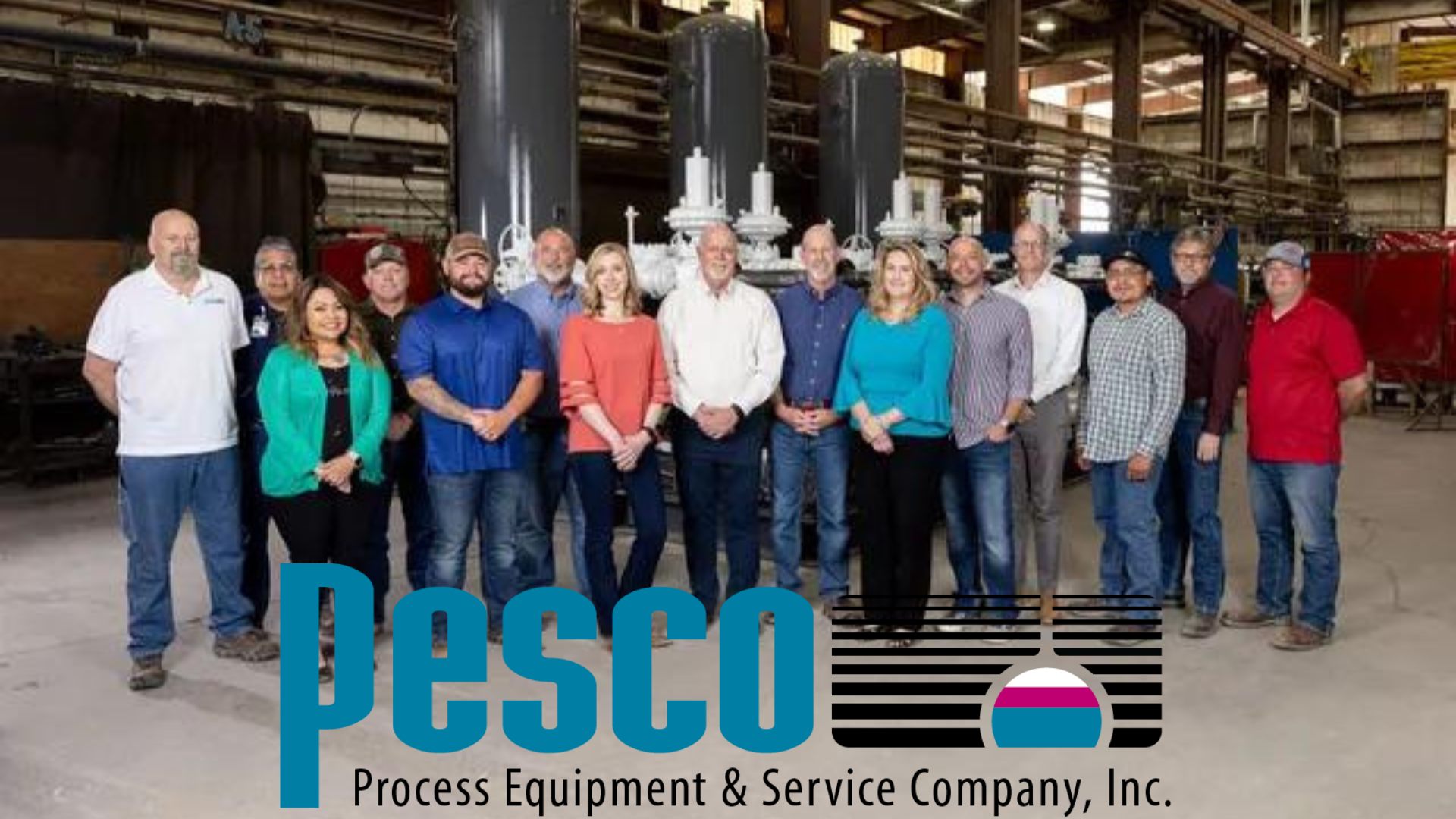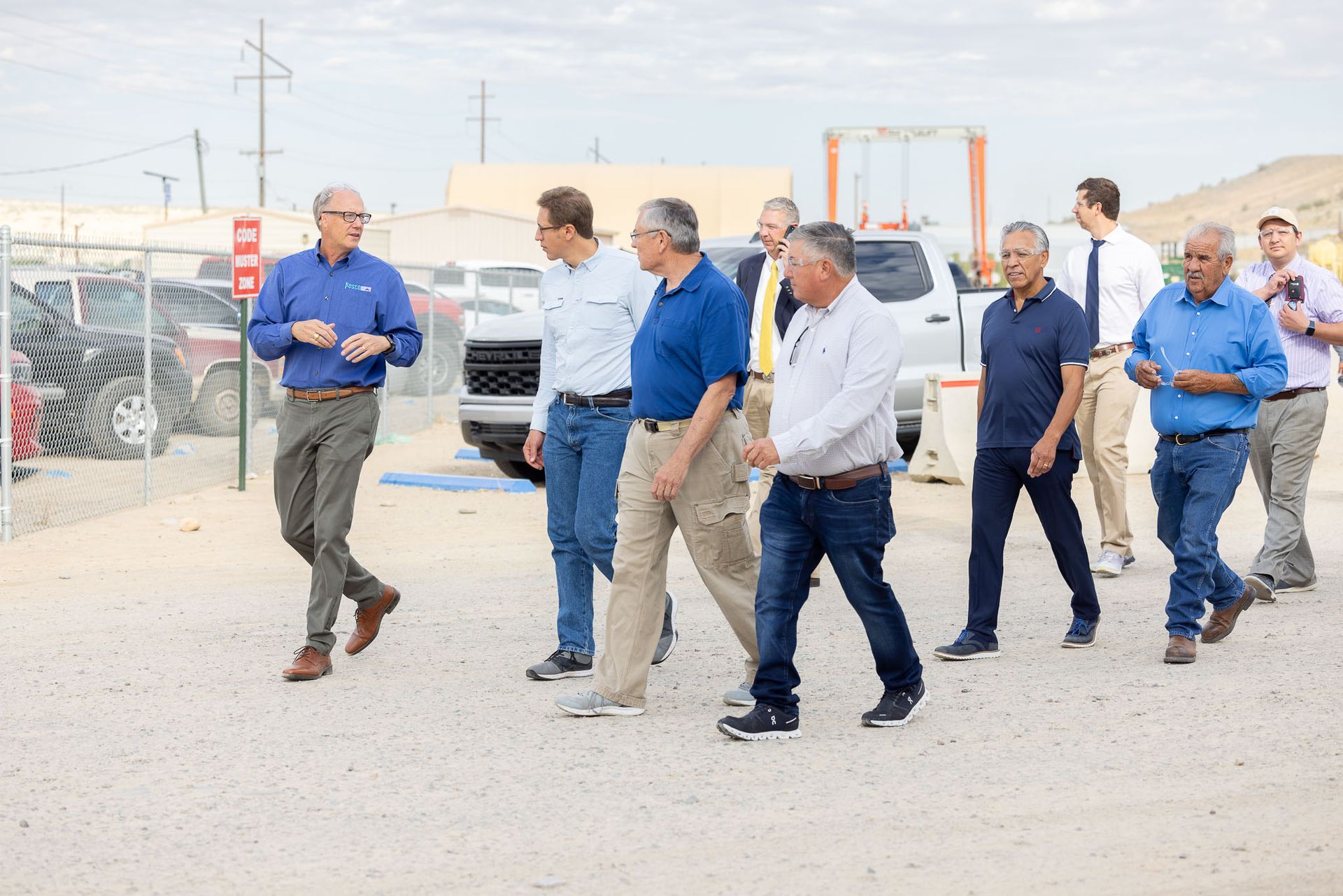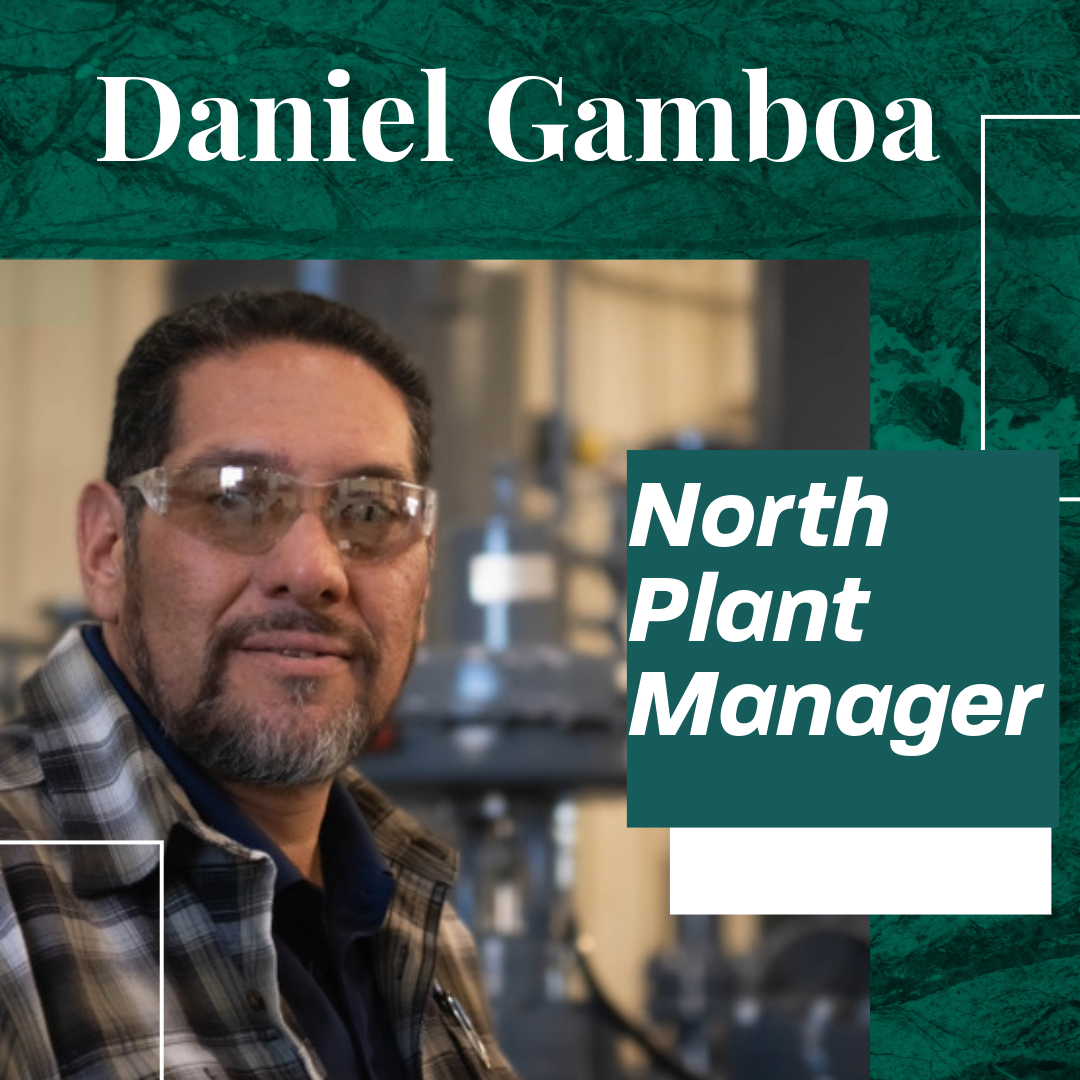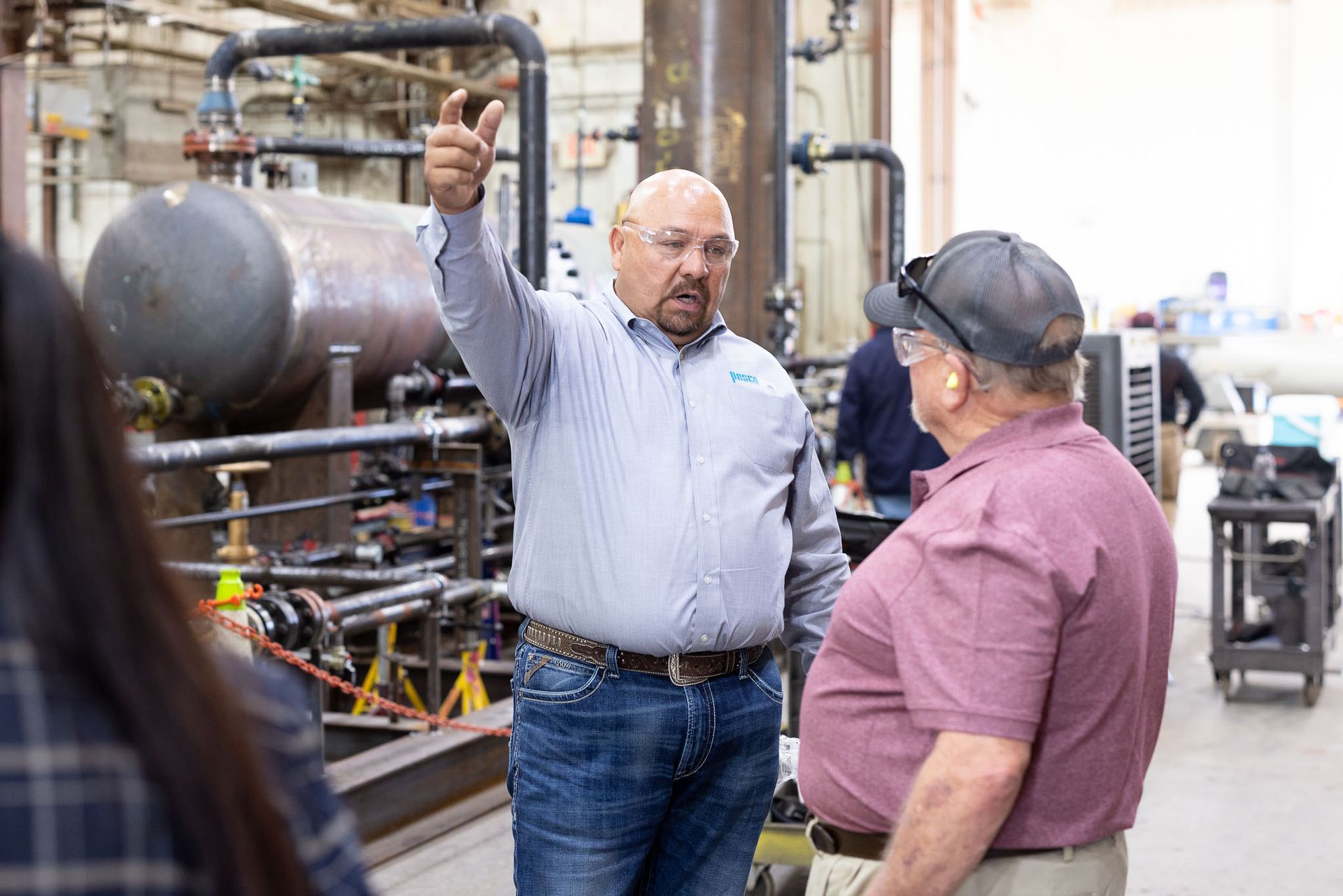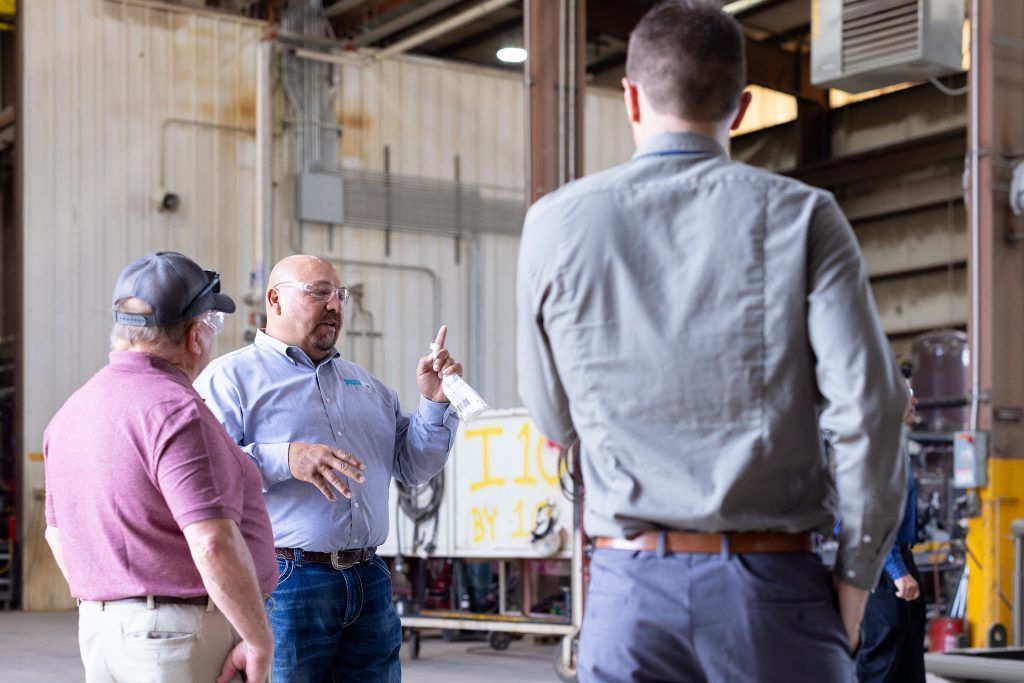Kyle Rhodes Talks About How People Should be Treated
May 3, 2021
Our President, Kyle Rhodes, was a guest on the local Ken’s Think Tank show talking about his philosophy on how to treat people. He believes the way we treat people has a major impact on the results we see. Kyle is also the President of the Farmington School Board.

